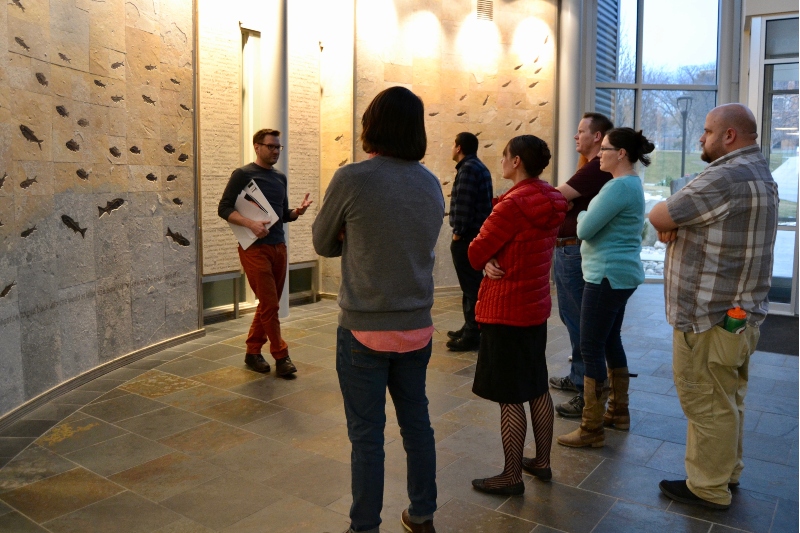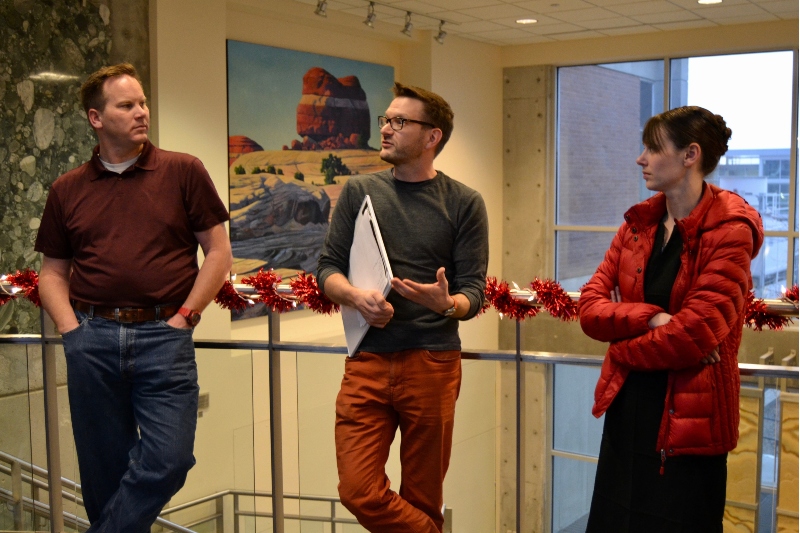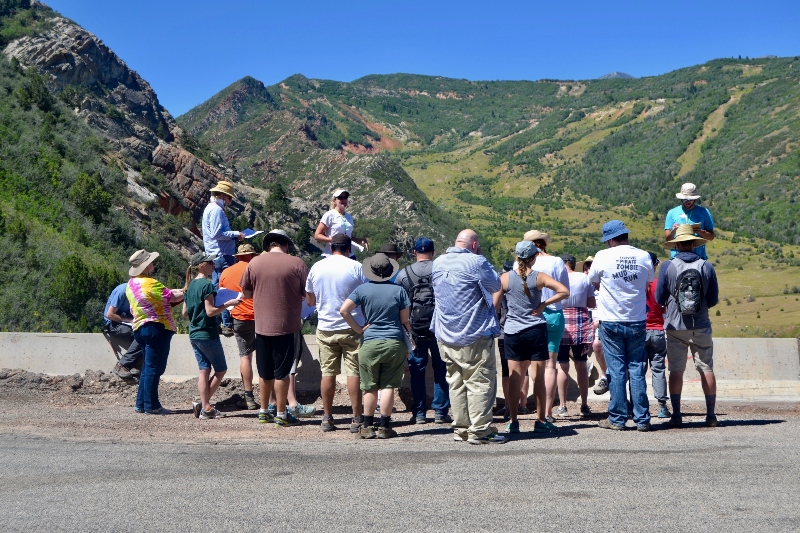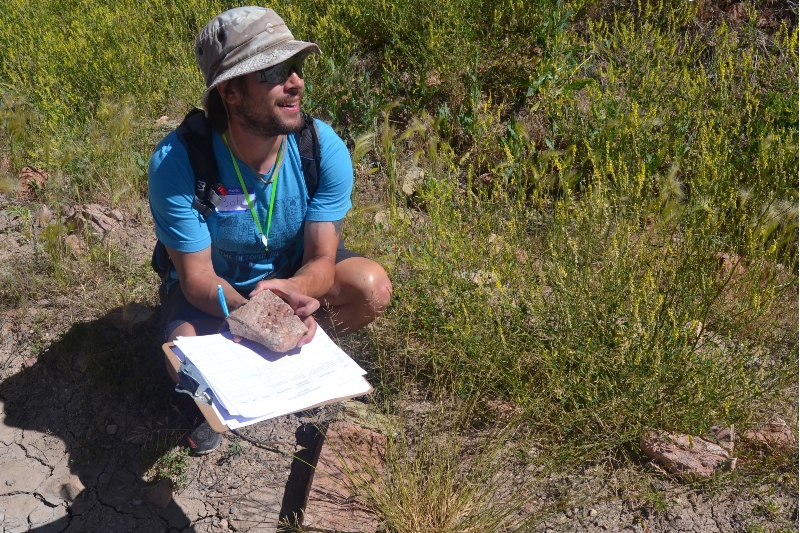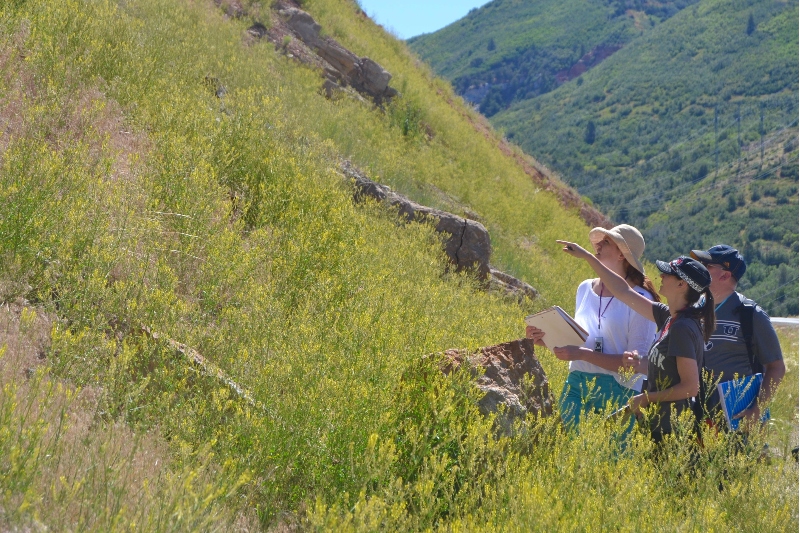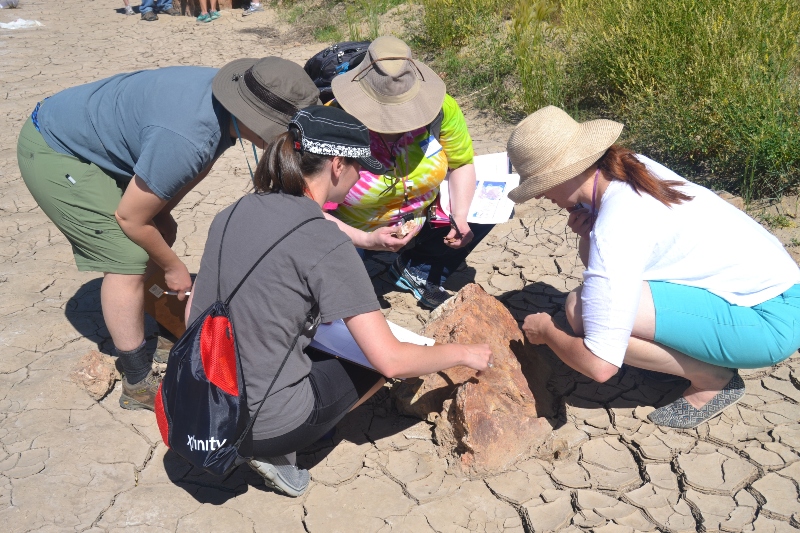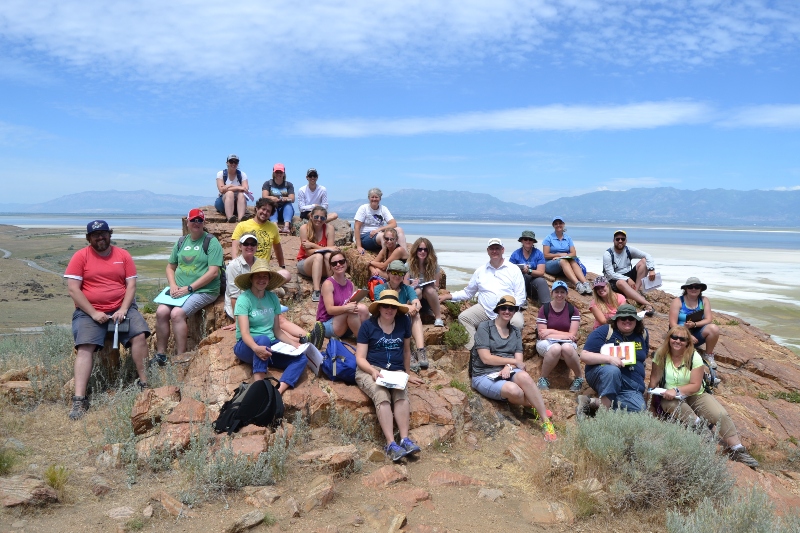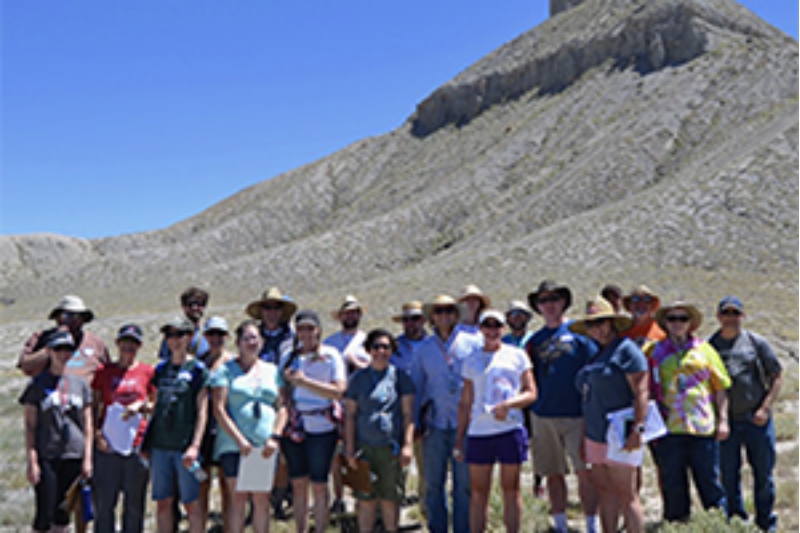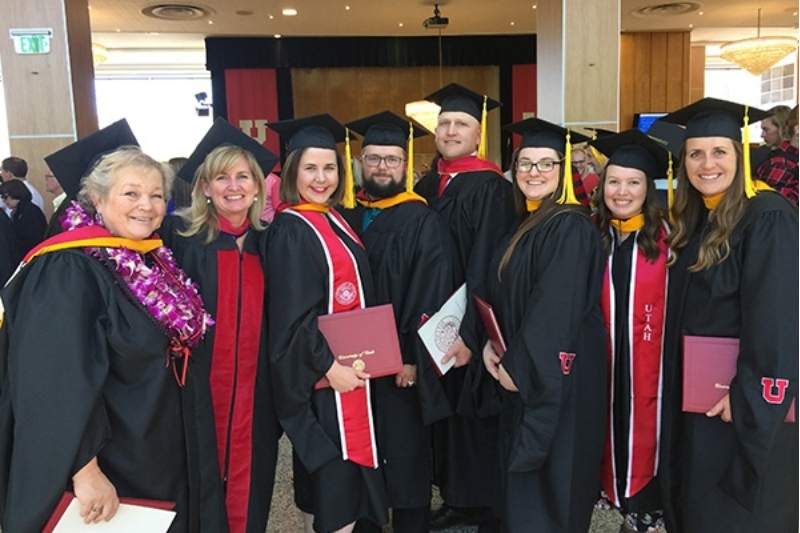- We are pleased to announce that Sarah Conner, a 2018 graduate of the CSME’s Master
of Science for Secondary School Teachers (MSSST) Physics cohort, has co-authored a
recent publication:
- Is Allopreening a Stimulus-Driven Defense Against Ectoparasites?
Graham B. Goodman, Sarah A. Conner, Sarah E. Bush, Dale H. Clayton
J. of Parasitology, 106(1):167-171 (2020) - More information is available here: https://bioone.org/journals/Journal-of-Parasitology/volume-106/issue-1/19-104/Is-Allopreening-a-Stimulus-Driven-Defense-Against-Ectoparasites/10.1645/19-104.full
- Sarah conducted her research as part of the MSSST program. MSSST is a project-based MS, rather than a thesis-based MS. The primary goal of the research experience is a cognitive apprenticeship in the nature of science, particularly focused on science and engineering practices across disciplinary content.
- Sarah teaches at Alta High School. Congratulations, Sarah!
- Is Allopreening a Stimulus-Driven Defense Against Ectoparasites?
About MSSST
MSSST supports motivated teachers to earn an M.S. while still actively engaging in classroom teaching. Through rotating, content-specific cohorts, participating teachers develop in-depth content knowledge, pedagogical techniques, and leadership skills. In addition to rigorous coursework, key program elements include targeted professional development and a capstone 320 hour summer research experience.
How to Apply
Applications are currently closed and we will not be starting a new cohort in Summer 2023. Stay tuned here to learn about upcoming cohorts. Once available, a link to the application will be posted on this page.
Once available complete all required sections of the application. Specifically:
- Program Information page:
- Program of Interest: select “Salt Lake City Campus” and “Science Program for Secondary School Teachers MS”
- Application Term and Year: select “Summer 2021”
- Additional Program Information: this program is not a combined BS/MS program or a dual degree program
- Area of Interest: select “Earth Science Teaching”
- Educational History page: Be sure to upload and submit a copy of your transcripts (these can be unofficial) from all colleges or universities you have attended (including an institutions you transferred from).
- Additional Information page: Under Financial Support, the MSSST program is a part-time Master’s degree, based on the Graduate School’s definition of full-time status (9+ credits per term)
- CV/Resume page: Optional, but not required
- Statement of Purpose page: Please upload a one-page statement of purpose about what you hope to accomplish, what you can contribute, and how you anticipate your classroom will improve should you be admitted to the MSSST Earth Science cohort.
- Teaching Background page: Required
- Post Submission page: Please upload a copy of your teaching license here.
- Recommendations page:
- Enter the contact information of your school principal or other administrators who is qualified to judge your abilities as an educator. They will receive an auto-email directing them to upload a letter of recommendation via the online web application. Your recommendation provider may also mail the recommendation on official letterhead to the MSSST program office, but a hard copy is not required.
- You may submit a second name for a letter of recommendation, but it is not required.
Once all of the required documents have been received in the web-based application system they will be screened by the Graduate Admissions office and the MSSST Committee. You will be contacted by the MSSST program regarding the status of your application in April. If admitted, you must request official transcripts from all colleges or universities you have attended and have them sent to the Graduate Admissions office. See the Admissions website for more information.
Applicants apply to the MSSST program through the University of Utah Graduate School. *NO GRE required.
MSSST requires that all applicants:
- have earned a Bachelor’s of Science (BS) in any scientific discipline
- currently hold a valid license and teach in a k-12 STEM classroom in Utah
- have at least three years of teaching experience (conditional exceptions may be possible)
- have completed at least one undergraduate course in both General Chemistry and Physics
The Graduate School requires:
- A bachelor’s degree from a regionally-accredited U.S. college or university. The Office of Admissions will determine if an applicant’s degree meets the Graduate School’s requirement of a recognized Bachelor’s degree.
- At least a 3.0 or higher undergraduate weighted mean GPA on a 4.0 scale. If the undergraduate GPA is below 3.0, a GPA will be calculated based upon the last 60 semester hours (90 quarter hours) if the student attended a U.S. institution.
- Applications due March 15, prior to summer term of admissions. Applicants will be notified of the status of their application in April and will be invited for a virtual interview.
- There is a $55.00 admissions fee for domestic students and a $65.00 admissions fee for international students to apply to the Graduate School.
Testimonials
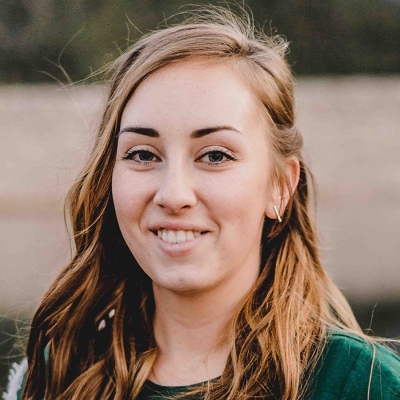
Bethany Alston
Earth Science 2018-2020, Biology Teacher, Jordan School District
I feel like a stronger teacher with a much clearer vision of what good science looks like. I better understand three dimensional science and what it looks like to teach disciplinary core ideas, along with crosscutting concepts and science and engineering practices. Most of all I feel like I have learned how to better help students access truth and incorporate more in their lives.

Tucker Marsing
Earth Science 2018-2020, Teacher, Granite School District
This program pushed me past what I thought I was capable of accomplishing. It also provides perspective of being the student again, and what it feels like when you don’t understand. This made me more compassionate with my students. I am a much better writer, thinker, and teacher because of this program. Thanks MSSST!!!!
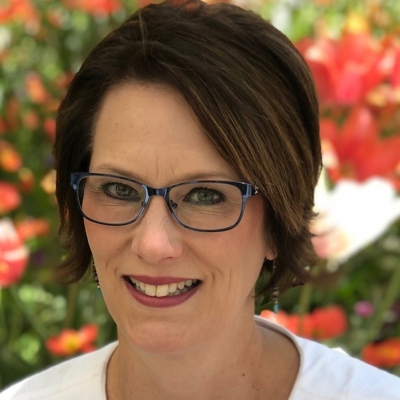
Candance Penrod
Earth Science 2014-2016, K-12 Science Supervisor, SLC School District
The research component of the MSSST program had a profound impact on me, both academically and professionally. During my research project, I was able to work in the Ehleringer Lab on campus, collect samples from Bonneville Salt Flats, work with other scientists, and gain authentic experience using scientific practices. The understanding and knowledge I gained around the Nature of Science and scientific research resulted in more confidence in myself as a scientist and as a science educator and provided a foundation for me to pursue an opportunity to serve the larger science community as a district science supervisor.
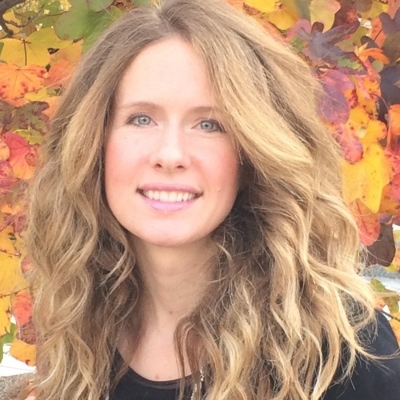
Janalee Roberts
Earth Science 2018-2020, Physics and Chemistry Teacher , American Fork High
I love this program! I have met amazing fellow teachers and friends. We have grown so close and have supported each other through this process together. It is nice to have a program that will support teachers while they are still teaching full time. Those that head the program understand how busy a teacher’s life is and they offer so much support. The professors were great and also so supportive.
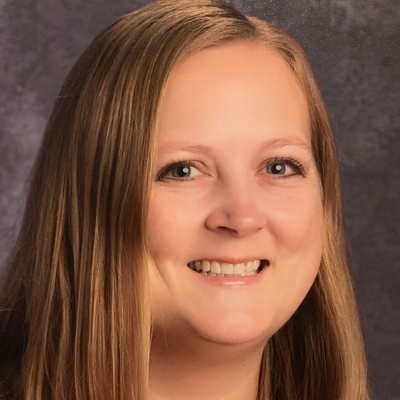
Alesha Schulzke
Earth Science 2018-2020, 8th Grade Science Teacher, South Hills Middle School, Jordan School District
Participation in this program has helped me develop professionally in many ways. Our seminar class especially had many great teaching strategies and also gave us some valuable insight into student development and learning perspectives. Having best practices modeled during classes was really helpful for me to then go back to my classroom and do the same.

Ricky Scott
Biology 2010-2012, Tooele County School District Curriculum Director of Science, Computer Science, Physical Education, and Fine Arts
MSSST gave me a strong, personal understanding of the nature of science that led me to a restructure of my instruction so that it was more than just “fun and engaging” but was more focused on student sense-making and engagement in authentic science practices.

Bob Violano
Physics 2016-2018, 8th Grade Science Teacher, Midvale Middle School
I think the most obvious way MSSST helped me was to build my content knowledge. Prior to MSSST my background was mostly biology and chemistry. Now I feel super knowledgeable in physics and geophysics as well. I am definitely a more well rounded science teacher. This is extremely beneficial in my current role as 8th grade is ‘Integrated Science’ in which we cover physics, chemistry, biology and geology. I am able to explain all of my core in depth as well as the connections between each content area. It has also allowed me to think of myself as a scientist and not just a science teacher.
Resources for Current MSSST Students
- The final Spring seminar is on April 26th, 2023 at 4:30 pm.
- Fall Seminar dates will be announced at the end of summer.
- Final project presentations (evening presentations on Zoom) will be Nov. 27-Dec 1. A full schedule will be announced in the Fall.
- Stay tuned for the announcement of future MSSST cohorts
MSSST Photo Gallery
Earth Science Cohort 2021-2023
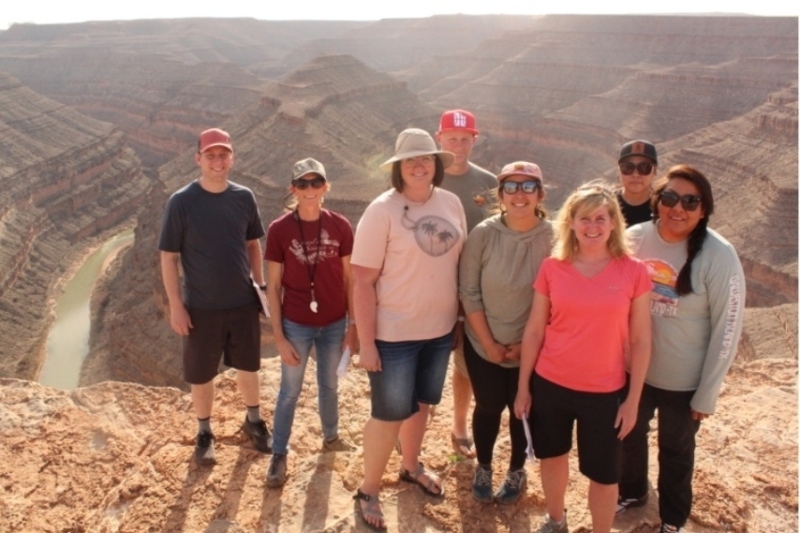
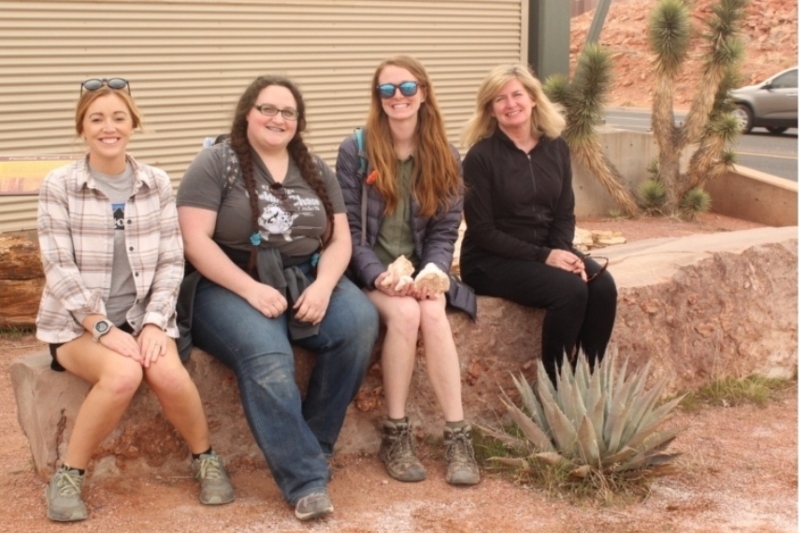
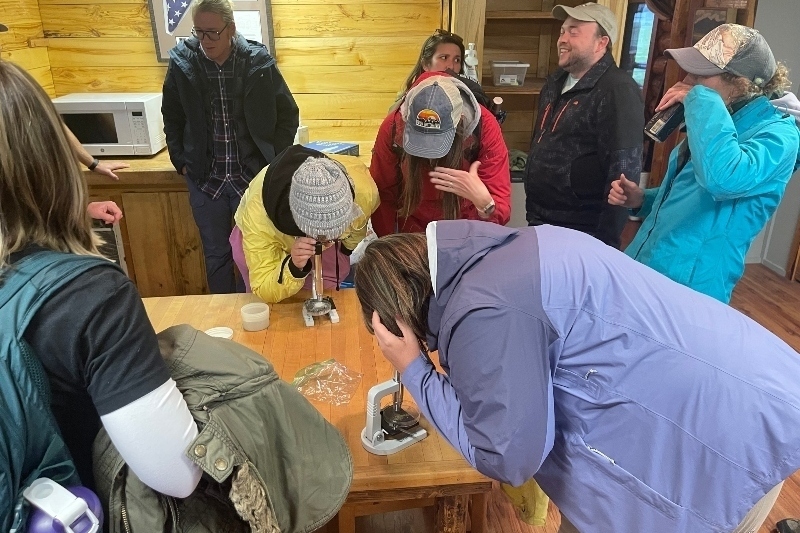
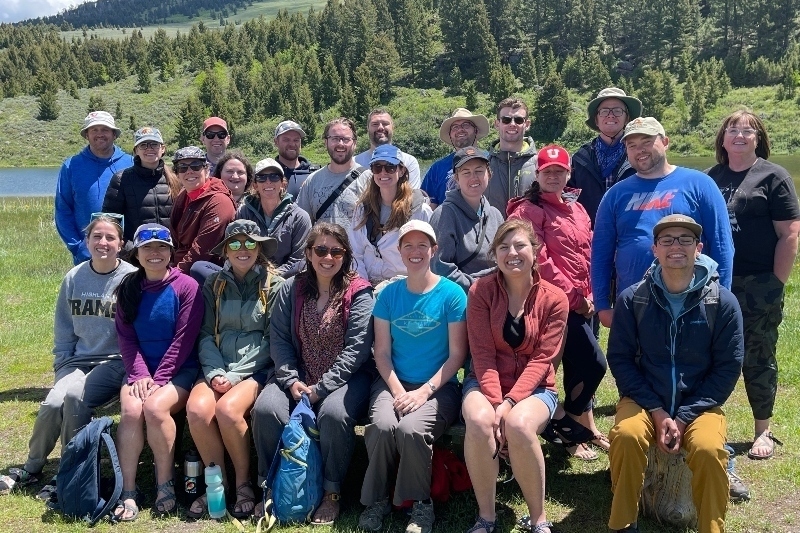
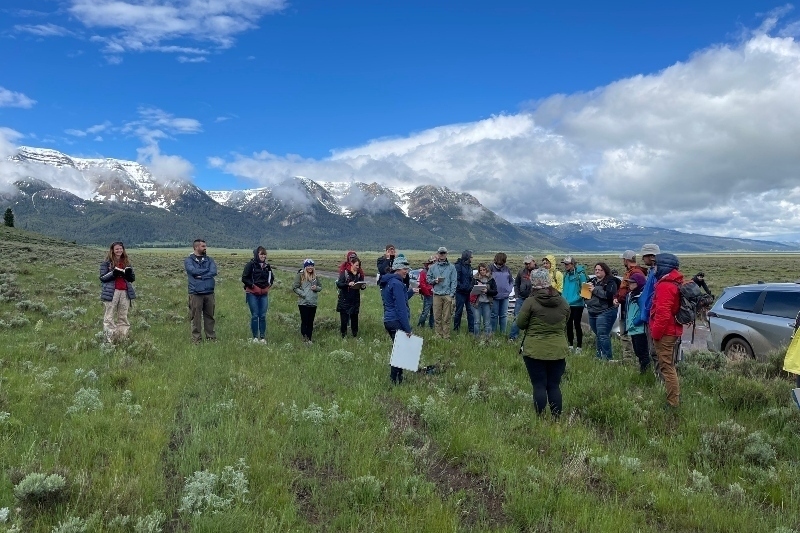
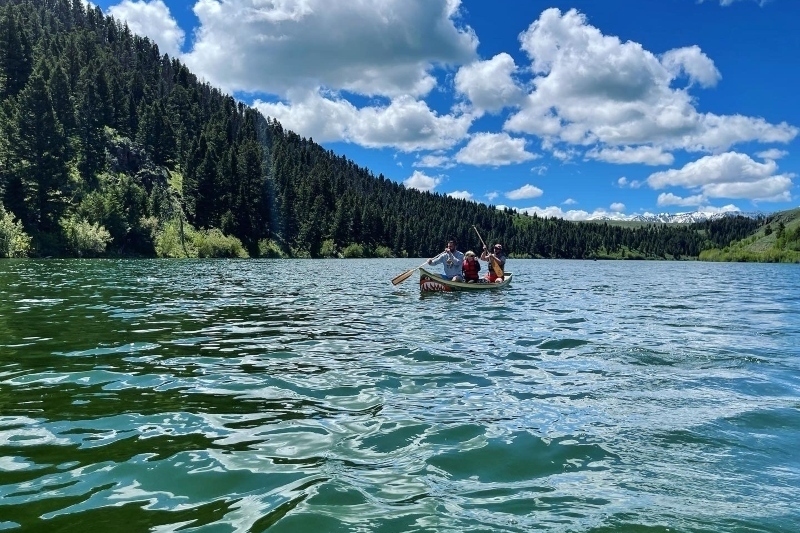
Earth Science Cohort 2018-2020
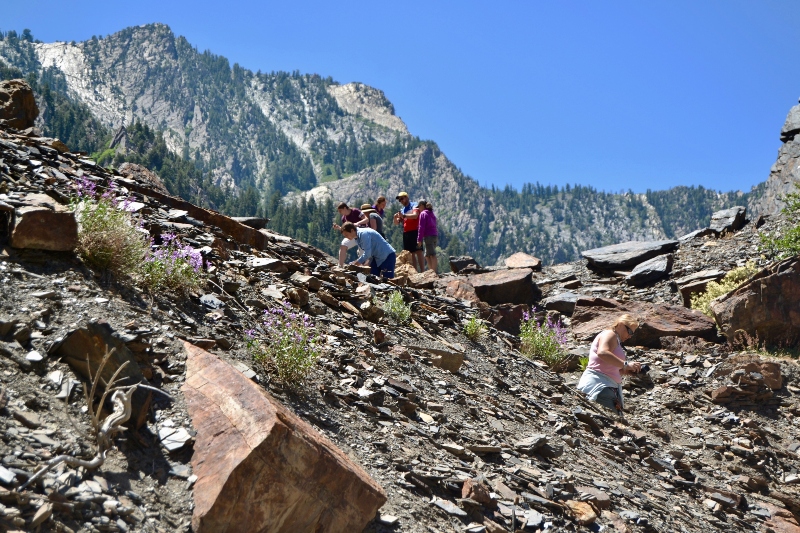
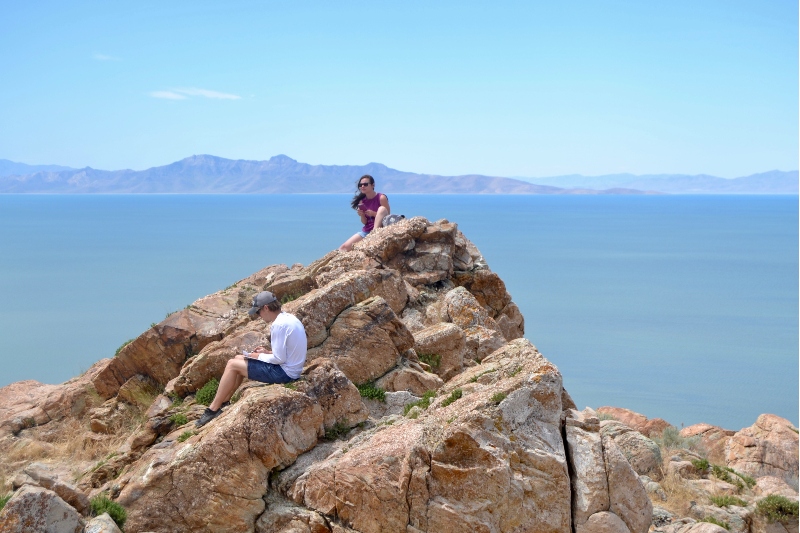

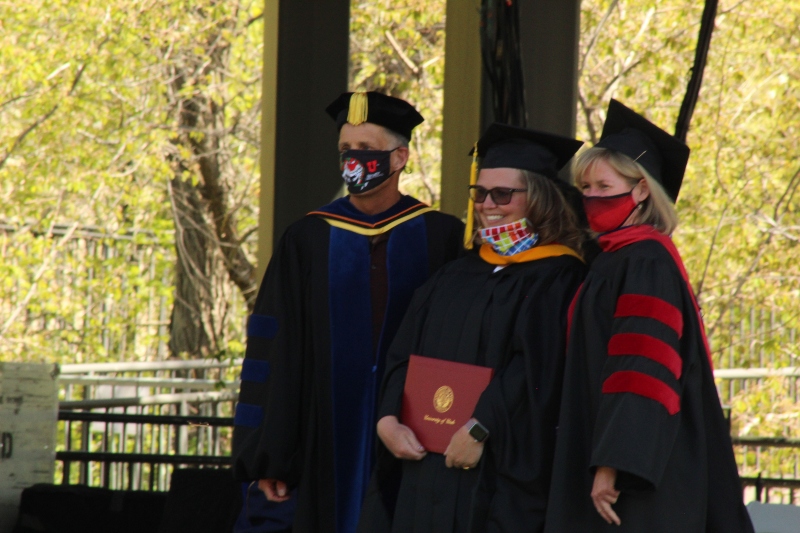
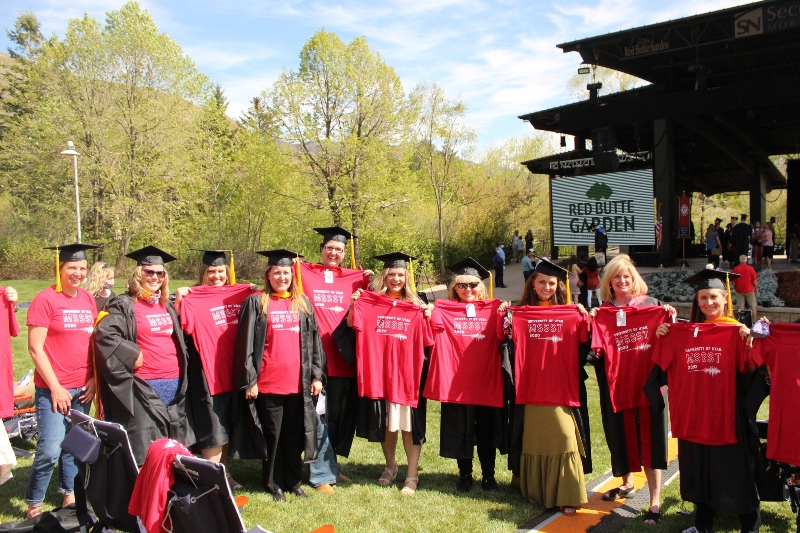
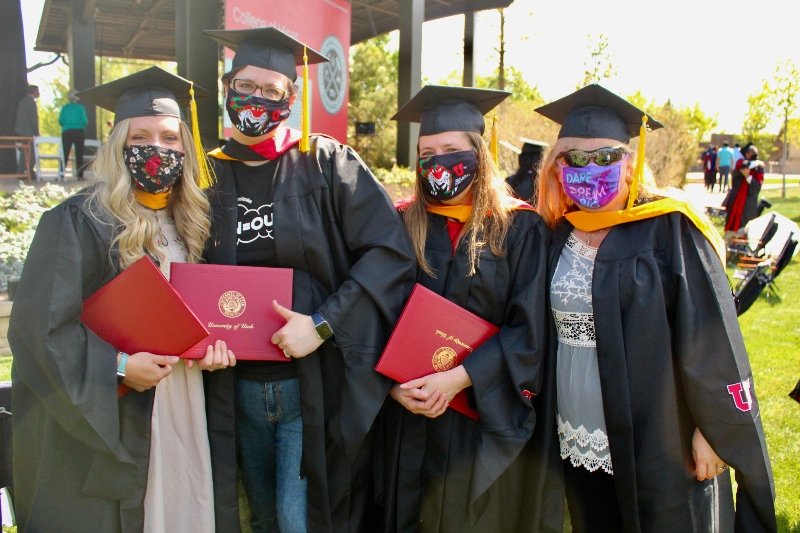
Physics Cohort 2016-2018
